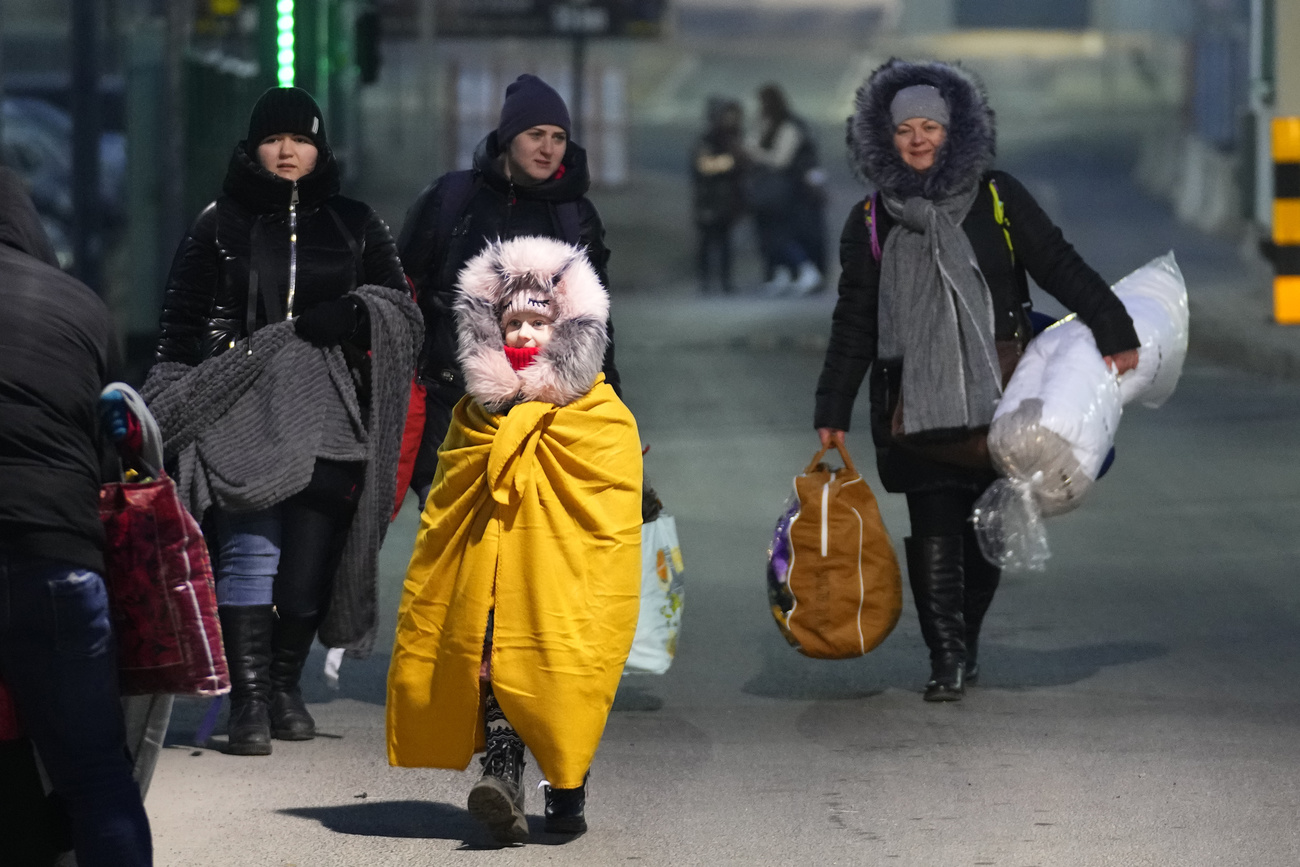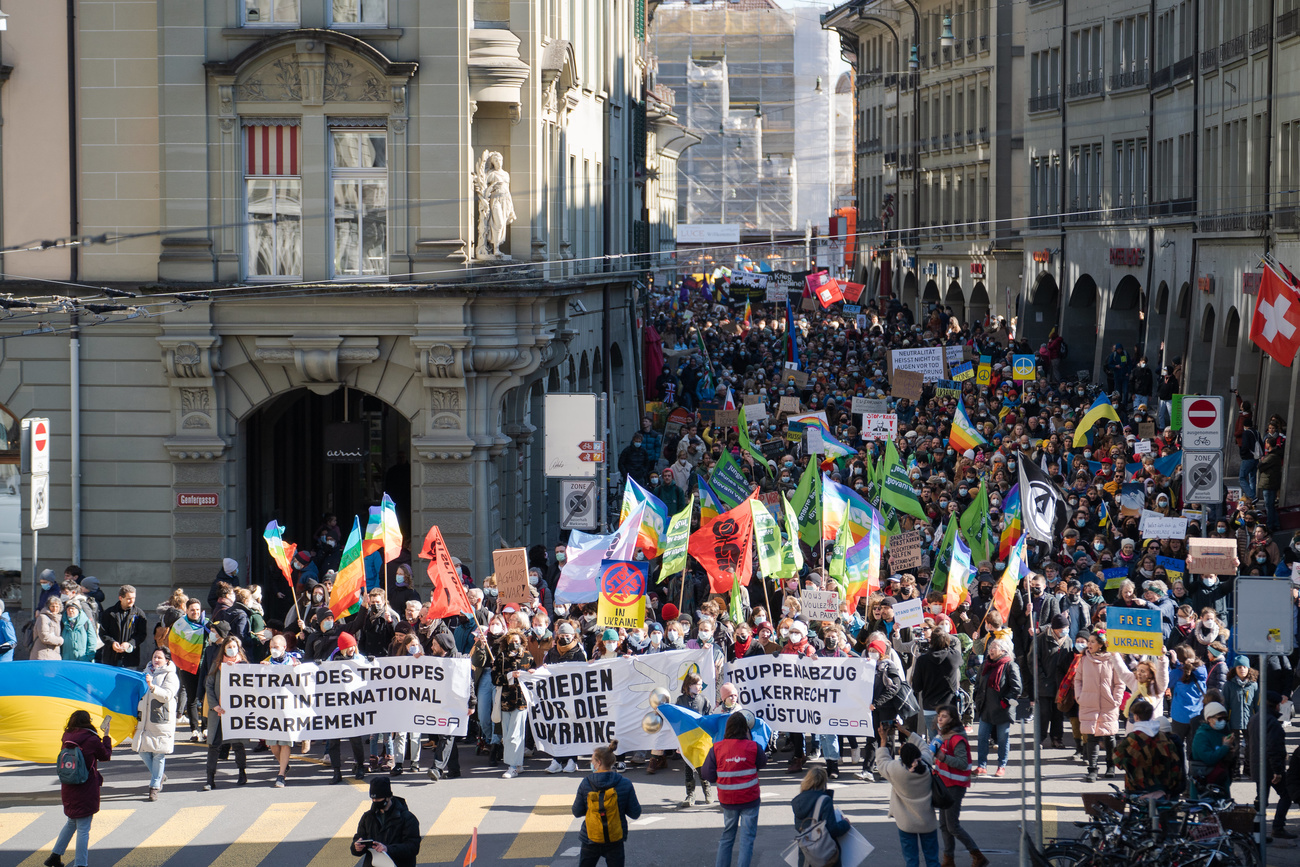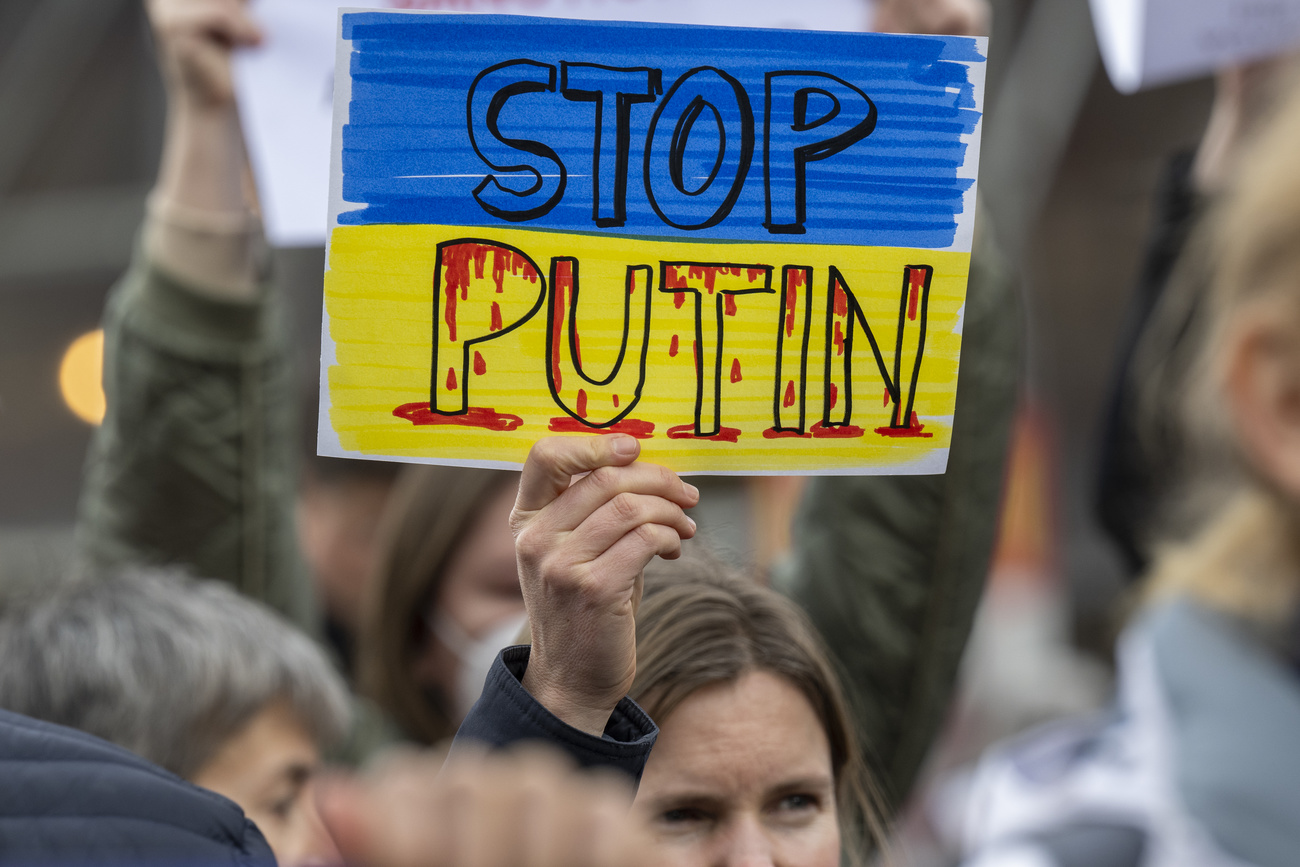
Switzerland poised to freeze Russian assets, says president

It is “very probable” that neutral Switzerland will follow the European Union on Monday in sanctioning Russia and freezing Russian assets, according to Ignazio Cassis, who holds the rotating Swiss presidency this year.
Cassis, interviewed on Sunday on Swiss public television, RTS, said the seven-member government would meet on Monday and review recommendations by the finance and economics ministries.
Asked whether Switzerland, a major financial centre and commodities trading hub, would follow the EU in freezing Russian assets, he said: “It is very probable that the government will decide to do so tomorrow, but I cannot anticipate decisions not yet taken.”
Cassis said Switzerland’s neutrality must be preserved and it stood ready to offer its good offices for diplomacy if talks between Ukrainian and Russian officials on the Belarusian border do not succeed, for example by reaching an armistice.
“That does not prevent us from calling a spade a spade,” he said.

More
Ukraine: ‘A shock for the world, a disgrace for Switzerland’
Growing pressure
Switzerland has walked a tortuous line between showing solidarity with the West and maintaining its traditional neutrality that the government says could make it a potential mediator.
But it faces growing pressure to side clearly with the West against Moscow and adopt punitive EU sanctions. The government had so far said only that it would not let Switzerland be used as a platform to circumvent EU sanctions.
In the biggest peace march in decades, around 20,000 people demonstrated in the capital Bern on Saturday to support Ukraine, some booing the government over its cautious policy.

More
Ukraine: Up to 20,000 people march in Bern for peace
Cassis said on Sunday that Ukrainians fleeing the conflict would be welcome “for a transitional period, which we hope will be as short a possible”.
Justice Minister Karin Keller-Sutter said separately that Switzerland was ready to take in those who need protection and also to support the neighbouring countries affected. “We will not leave people in the lurch,” she said.
The Swiss government last week amended its watchlist to include 363 individuals and four companies that the EU had put on its sanctions list to punish Moscow.
Russians held nearly CHF10.4 billion ($11.24 billion) in Switzerland in 2020, Swiss National Bank data show.

More
Switzerland faces pressure to toughen sanctions on Russia

In compliance with the JTI standards
More: SWI swissinfo.ch certified by the Journalism Trust Initiative




























You can find an overview of ongoing debates with our journalists here . Please join us!
If you want to start a conversation about a topic raised in this article or want to report factual errors, email us at english@swissinfo.ch.